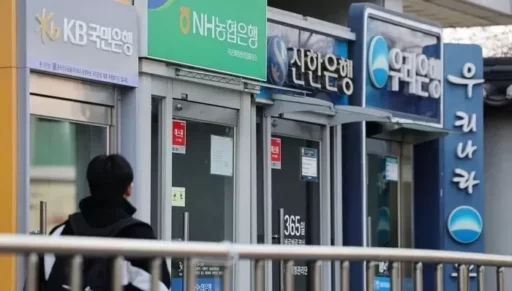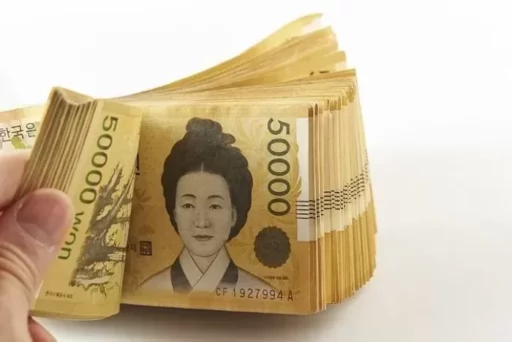The expansion of interest rate differentials is boosting bank profits while raising a 'red flag' for the economy of the common people.
Recently, the interest margin (the difference between deposit and loan rates) of the five major commercial banks in the Republic of Korea has widened further, adding to the burden on the economy of the common people. The interest margin refers to the difference between the interest rates paid to depositors and the rates charged to borrowers. As this gap increases, bank profits rise, but so does the burden on financial consumers.
According to the Financial Supervisory Service's report on "Bank Interest Margin Status in Q1 2025," the average interest margin of the five major commercial banks (KB Kookmin, Shinhan, Hana, Woori, and NH Nonghyup) stands at 2.31%, which is an increase of 0.27 percentage points compared to the same period last year. This is the highest level since 2018, indicating that banks are expanding their margins despite rate cuts.
Currently, while loan rates are slowly decreasing despite a cut in the base rate, deposit rates are being lowered rapidly to maximize profits.
The vicious cycle of worsening economic conditions for the common people and increasing household debt
The widening interest rate differential is directly impacting the economy of the common people. A recent survey by the Korea Financial Consumer Federation shows that the interest burden on household loans in the first half of 2025 has increased by 17.8% compared to the same period last year. In particular, the interest burden for small and medium-sized enterprises and self-employed individuals is even more severe.

According to data from the Financial Supervisory Service, domestic household debt surpassed 1,950 trillion won in Q1 of this year, with the proportion of variable interest loans exceeding 70%. Despite the Bank of Korea lowering the base rate, the cautious stance of commercial banks towards reducing loan rates means that the interest burden for common people is not decreasing.
Banks remain unresponsive to the Lee Jae-myung administration's criticisms
The Lee Jae-myung administration has raised concerns about the excessive interest rate differentials in the banking sector since before its establishment. During a recent Financial Services Commission meeting, President Lee criticized, "We can no longer ignore the situation where the excess profits of banks directly correlate with the burden on the economy of the common people."

He added, "The excess profits of banks must not become an obstacle to the recovery of the common economy," instructing the implementation of effective measures to maintain an appropriate level of interest margins alongside strengthening the public nature of financial institutions.
In response, the government announced the "Strengthening Consumer Protection in Finance Plan" earlier this year, which includes obligations to disclose interest rate differentials and improve the transparency of interest rate calculations. However, effective changes have yet to materialize.
Despite administrative guidance and recommendations from financial authorities, commercial banks have refrained from significantly changing their interest rate policies, citing "market conditions and risk management."
Urgent need for the government to develop effective regulatory measures
Experts agree that simple administrative guidance or recommended regulations cannot resolve the issue.
Above all, governmental communication and cooperation with the financial sector are crucial for bank reform. There are concerns that unilateral regulations from the government may lead banks to raise deposit rates out of fear of being labeled as institutions with large interest rate differentials, ultimately increasing funding costs and, consequently, loan rates, thereby raising the interest burden for borrowers.
The government must toward creating practical policy measures that can bring about real change rather than merely criticizing banks. Additionally, a balance must be found that alleviates the burden on the economy of the common people without compromising the soundness of financial institutions.
It is time for the government, the financial sector, and the National Assembly to come together to restore the economy of the common people and promote the healthy development of the financial market.

Image sources: News1, illustrative photos to aid understanding of the article / gettyimagesbank, unrelated illustrative photos / gettyimagesbank, citizens making deposits and withdrawals at an ATM of a bank installed in a building in downtown Seoul. / News1


